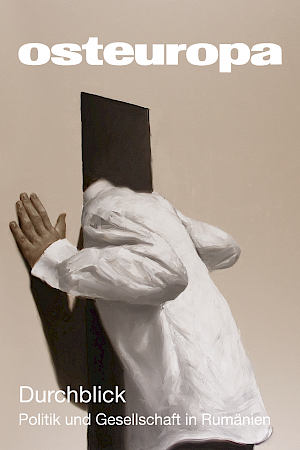National school and new music
Romanian composers on their path to the modern era
Deutsche Fassung
Abstract
George Enescu gave Romanian music the decisive impulse of the European modern era. However, no contemporaries or successors of equal calibre were available. The communist regime, the ideological and aesthetic constraints of “Socialist Realism” and the isolation of Romania under Nicolai Ceausescu severely restricted composers’ artistic freedoms and led to a marginalisation of Romanian musical culture in Europe. Commissioned pieces were imbued with nationalist-communist ideology. After the upheaval of 1989, the music industry and the public turned their backs on Romanian composers, and their works were no longer performed. Thanks to the generation of composers led by Stefan Niculescu, a connection could be made to western models. Today, New Music has a good infrastructure in Romania, with festivals, scholarships and prizes. However, the market for New Music is narrow, erratic and unpredictable.
(Osteuropa 6-8/2019, pp. 291–304)



